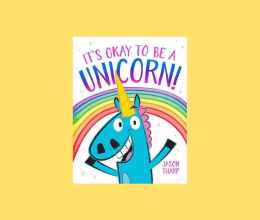Last week, Christopher John White’s difficult life met a tragic end at the young age of 34. For some time, Chris had been living without shelter in Columbus, Ohio. Official records state his address simply as “Streets of Columbus.” On November 19, Chris drowned after police attempted to arrest him for asking for help.
Why is asking for help a crime?
“Pedestrian solicitation” is what police call Columbus ordinance 2171.06(B), which makes it illegal in many areas of the city for people to ask for help when they need it. Chris’s situation was desperate, his need was pressing, and so he would sit or stand near a highway and appeal to the charity of strangers. That was his crime.
If Chris had been holding a sign insulting motorists or encouraging passersby to hoard their money or spend it wastefully, he would not have been guilty. It was his desperation—and his reliance on the beneficence of the community—that made him a villain in the eyes of the City of Columbus.
Why are we making it a crime to be homeless?
Chris’s life was hard enough without adding the threat of arrest. But, we don’t solve the homelessness in our communities by punishing the poor.
Whenever we arrest someone like Chris, we waste the resources of police officers, of jail personnel, of judges. Our cities could spend those resources working to provide actual solutions to the extreme poverty experienced by its citizens. Instead, local leaders turn problems into crimes and victims into criminals, and focus their efforts on trying to silence the homeless rather than tackle the problems that lead to poverty and being without a home.
Stop Picking on the Poor
Columbus’s anti-homelessness law led to a tragic result in Chris’s case, but Columbus is not alone. The cities of Akron, Cleveland, Cincinnati, Dayton, Toledo, and Youngstown all have criminalized speech by people who are homeless and in need.
Asking for help is protected speech — even if you are homeless.
Across the nation, laws such as these are being struck down by courts for being unconstitutional burdens on the free speech rights of the homeless. Other cities have repealed similar laws after recognizing that these restrictions are cruel and ineffective. The leaders of our Ohio cities haven’t yet heard the message, and continue to deprive the homeless of their rights as human beings and as citizens. This must end.
As we enter the holiday period of giving thanks, giving gifts, and giving love, we should also pause to reflect on how our laws mistreat our neediest neighbors. Let’s tell our leaders to stop picking on the poor.




